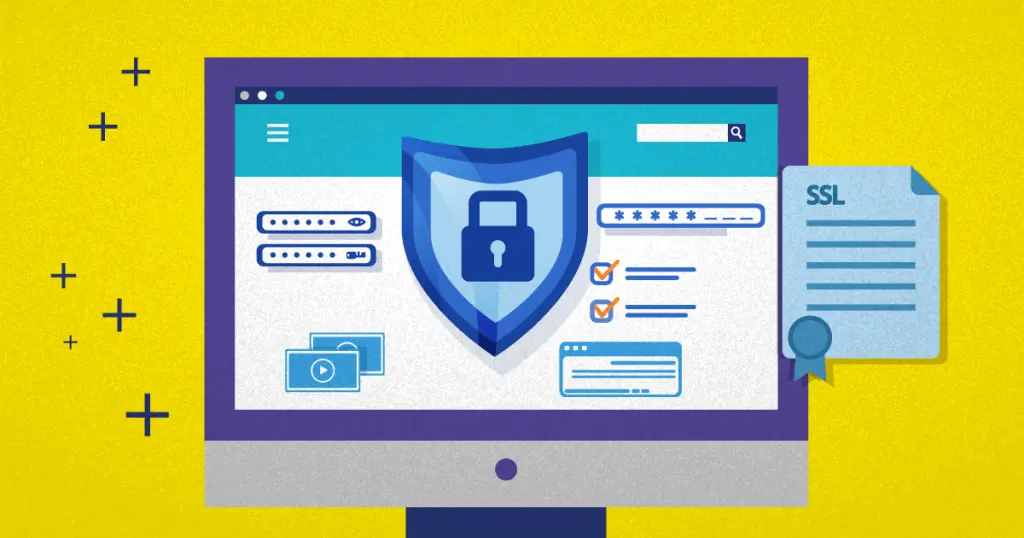Whether your business or personal website handles sensitive information or not, SSL certificates offer important security and trust-building benefits. Most importantly, they encrypt any data sent to and from your website.
This keeps it from falling into the wrong hands, such as cybercriminals who create fake websites to steal data or install malware. It also helps your site meet PCI/DSS requirements.
1. E-commerce sites
Online shopping sites require their visitors to share sensitive information such as names, emails, addresses and payment details. SSL certificates encrypt these data exchanges to protect them from hackers and other malicious entities who can use them for fraudulent activities. It is also a requirement set by the PCI/DSS standard (Payment Card Industry Security Standards) for any company that accepts credit cards or handles their customers’ payment information.
If you have an e-commerce website, it is important to have an SSL certificate because few shoppers will trust your site with their personal information if the connection isn’t secure. Additionally, SSL bolsters your brand image and gives customers confidence that your business is authentic.

2. Social media sites
If you run a social media site, an SSL certificate is essential to ensure that the information users share with you is secure. It protects against hackers and data breaches that can threaten the safety of your users’ privacy.
In addition, if your website offers user interaction like logins and contact forms, SSL is an absolute must-have. Browsers will display a “Not secure” warning if you don’t have an SSL certificate, and this can turn away visitors from engaging with your brand.
In addition, SSL certificates help boost SEO rankings. This is because search engines prioritize websites that use HTTPS, and they give them higher rankings than those that do not. In a world where cyberattacks are more common than ever, SSL certificates are critical to online security and can help you build trust with your customers. The benefits go well beyond that, though. Here’s a closer look at the advantages of an SSL certificate.
3. Blogs
Bloggers need to be mindful of the importance of implementing SSL on their websites. Having SSL not only gives their website the trust indicator padlock, but it also boosts SEO ranking because Google favors sites with HTTPS encryption over those without.
Even websites that don’t ask users for sensitive information or accept payments need SSL certificates to keep user activity private. SSL encrypts the connection between the browser and the website, making it harder for malicious actors to intercept data.
With cybercrime becoming more and more common, it’s crucial for all website owners to take precautions to ensure the security of their sites and their users. SSL certificate are a simple way to do just that, and they can make all the difference when it comes to protecting your site against data theft and other cyber attacks. The experts at HostPapa can help you find the right SSL certificate for your business. Contact us today to learn more!
4. Personal websites
SSL certificates can be a great choice for personal websites. Depending on the level of encryption and validation, they can communicate that your site is legitimate to visitors by showing your business name, country abbreviation and a padlock icon in the browser. These signs of security can boost visitor trust and improve conversions.
Having an SSL certificate on your website is a necessity if you’re collecting any kind of private data, such as usernames, passwords or emails. It helps ensure that your customers’ information is only passed between you and the server, keeping it safe from hackers and other malicious actors.
There are many different types of SSL certificates, from Domain Validated (DV) to Organization Validated (OV). The type of SSL you need will depend on the level of security and validation that your site needs. You can even get a free SSL certificate by using an SSL Certificate Authority like Let’s Encrypt.
